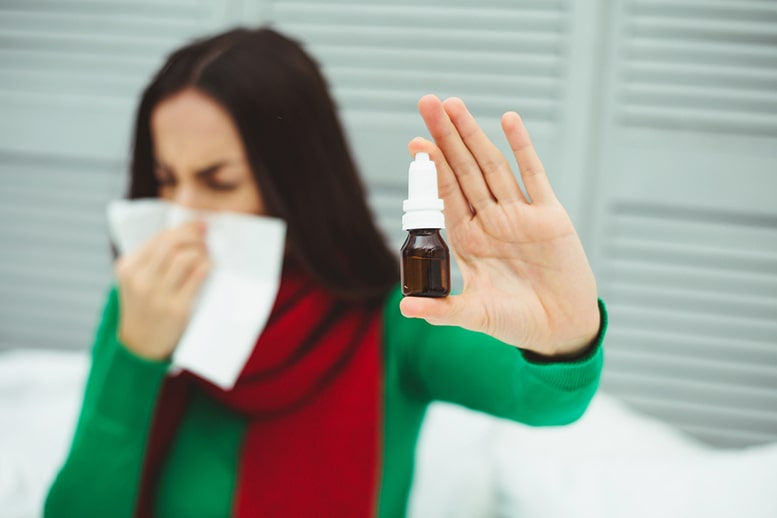Sinus allergy medication
Sinus allergy is a major health problem. Being a nasal allergy and affecting over 31 million people in the United States, it cannot be ignored. Sinus allergy is caused by allergic reactions to allergens which are harmless substances.
These allergens cause seasonal sinus allergy symptoms.
Generally, allergies are incurable, but there is sinus allergy medication that helps deal with the symptoms. The commonly used medication types are prescription and over-the-counter drugs. In order to control the symptoms of sinus allergy, the following prescription medication is recommended.
Prescription treatments for allergic rhinitis.
When allergy symptoms persist, over the counter medicines will prove inadequacy in relieving the symptoms. This calls for a visit to your doctor for prescription medication. The prescription treatments for allergic rhinitis are as discussed below.
Steroid nasal sprays.
Steroid nasal sprays are commonly used to treat rhinitis allergies. Some are available as over the counter medicines but there are others that require a physician’s prescription. As the name suggests, they are in spray form. They treat symptoms such as sneezing, itchiness and nasal congestion and they are very safe. Nasal sprays are easy to administer and vital in the fact that they focus in the nose where the medication is required. The health risk is minimized as the medication only comes in contact with the affected parts.
Prescription antihistamines and decongestants.
Prescription antihistamines have been in used for years now. These treat allergy symptoms and are available in various forms: pills, liquids, nasal sprays or eye drops. Some prescription antihistamines contain decongestants. Such include nasal spray antihistamines which have to be used together with steroid sprays. These relieve sneezing and congestion.
Prescription eye drops, on the other hand, relieve red itchy eyes. Prescription antihistamines available in liquid form are administered through the mouth and treat congestion allergy symptoms. Eye drops and nasal sprays should be used for limited periods of time as their long-term use causes allergy symptoms to worsen. Pills and liquids may be taken for longer periods as they are safer.
Other medications.
There are other medications that can be used to treat allergic rhinitis. A disclaimer is given though that this sinus allergy medication should not be used as the main medication for treatment of sinus allergy. These include leukotriene modifiers which curb allergic rhinitis. Others include prescription eye drops and nasal sprays. Liquid oral steroids can also be used to treat severe flare-ups.
Immunotherapy.
Immunotherapy is one of the long-term sinus allergy medication. This is available in two types: prescription allergy shots and sublingual immunotherapy that involve use of oral pills. Allergy shots are the most natural method of allergy medication where one gets injected with an allergen boosting the immune system.
The immunity provided by these shots can last up to five years after which another shot is required.
Where one uses oral pills, these are taken daily for a prescribed number of months. The pill is let to dissolve under the tongue of the patient and may not work if not taken consistently. As they are prescribed, the dose is obtained from your doctor and then taken from the comfort of your home.
Featured Image: Depositphotos/© [email protected]








